
Women are destined by birth to be mothers and many see this as a life calling. The very feeling of a new life being born in your body is amazing and rarely comparable to anything. Nausea can occur at the very beginning of pregnancy, which, in addition to the absence of menstruation, is one of the first signs that you will soon become a mother.
As the pregnancy progresses and the baby grows in your stomach, so does the baby’s need for extra vitamin intake. Therefore, it is no wonder that in the third trimester, and often even in early pregnancy, doctors prescribe supplements that will help the proper development of the fetus, and which will at the same time compensate the pregnant woman for the need for daily vitamin intake.
Well, let’s go in order and find out what vitamins are necessary for maintaining the health of a pregnant woman and the proper growth of the fetus.
1. Folic acid
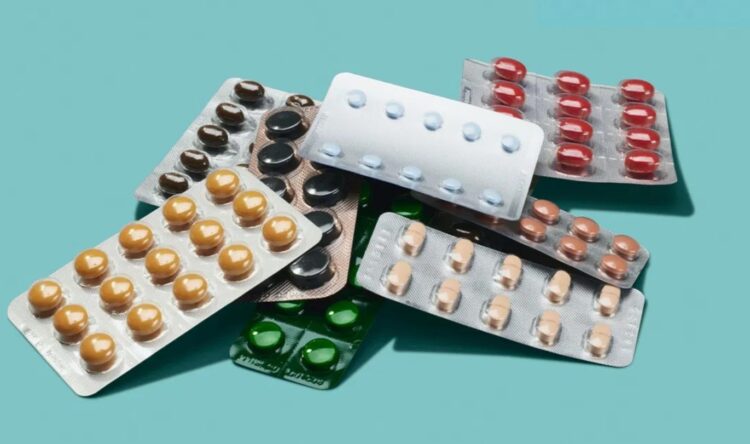
Inadequate folic acid intake before conception and during the first 12 weeks of pregnancy has been shown to lead to neural tube defects in the fetus. It is therefore recommended that all women of childbearing potential and those in early pregnancy take folic acid daily.
Folic acid is very effective in preventing macrocytic anemia in late pregnancy and is considered by many to be a discovery of 20th-century medicine. Today, many supplements are produced in the form of multivitamins, so that one tablet a day satisfies the daily intake of all necessary vitamins and minerals, which you can see on villagevitaminstore.ca. With regular intake of folic acid during pregnancy, the percentage of damage to the nervous system of the newborn is reduced by as much as 80%.
Folic acid is a nutrient that ensures normal growth and development and is especially important for the function of the nervous and digestive systems, sexual organs, and the formation of white blood cells. It regulates the development of nerve cells of the embryo and fetus and prevents damage to the neural tube. It treats anemia caused by alcoholism, anemia of pregnant women, nursing mothers, women taking oral contraceptives and people suffering from liver disease, and hemolytic anemia.
Helps amino acid metabolism and protein synthesis. Folate requirements are twice as high during pregnancy, and folic acid intake will reduce the risk of neural tube defects (DNCs). What doctors recommend is to start consuming folic acid 12 weeks before the planned conception, which will continue later throughout the pregnancy.
2. Iron
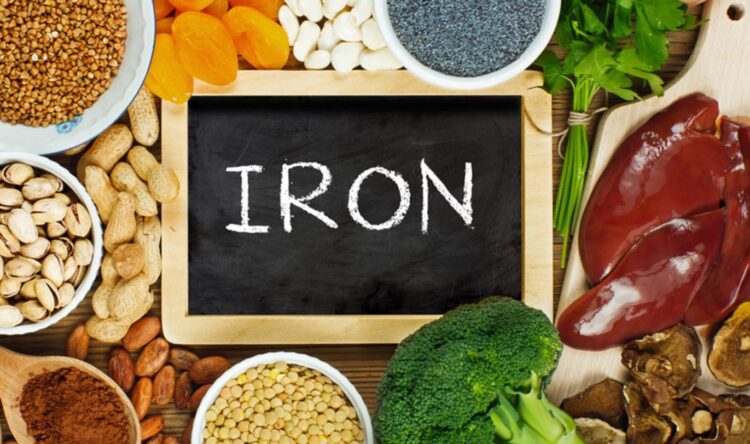
As the pregnancy progresses and the baby grows, most pregnant women develop anemia. The cause of anemia is iron deficiency. This means that the body does not produce enough hemoglobin and there is a possibility of adequate oxygen transfer from the lungs to other parts of the body. Moderate anemia is very common in pregnancy, but severe anemia can be very risky for mother and baby, and even lead to premature birth. Just some of the symptoms that indicate iron deficiency are shortness of breath, fatigue, weakness, pale skin, and cold hands and feet.
Pregnant women who carry more than one baby, or those who have recently given birth and are still pregnant, are more at risk of anemia. Iron can very often be repaired by increasing the intake of foods that contain it, such as red meat, beets, spinach, nettles, and so on. However, if you think that is not enough, supplements will have the same effect.
3. Calcium
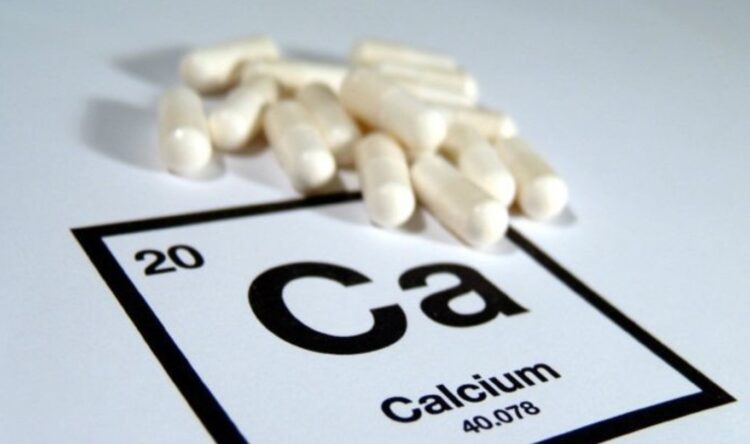
Did you know that as much as 99% of this mineral is found in bones and teeth, and the remaining 1% in muscles, hair, and hair? Why is calcium important? It is this mineral that regulates muscle contractions, prevents blood clotting, and regulates blood pressure. Then when you do not meet your daily calcium intake, the body automatically takes it out of the bones, leading to diseases such as osteoporosis and preeclampsia (leading to high blood pressure and diabetes).
You are probably also aware that teeth decay more often during pregnancy. Calcium deficiency is also to blame for this. In addition to the dietary supplement, you will achieve a sufficient intake of calcium by regular consumption of milk and dairy products. Calcium is also one of the main minerals in sardines, salmon, orange juice, and almonds.
4. Vitamin D
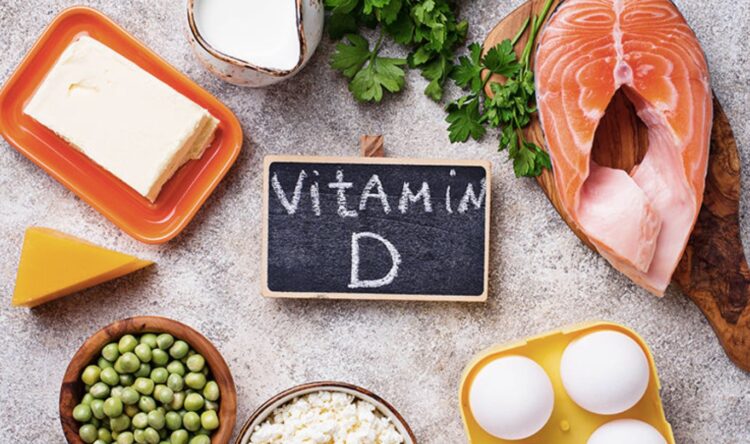
Research has shown that vitamin D deficiency negatively affects a baby’s mental development and that these babies are usually born with a lower IQ. Vitamin D is important for bone and dental health because it helps with the absorption of calcium and phosphate in the body, so it has long been thought that low levels of this vitamin during pregnancy can lead to bone problems in babies.
In addition to being found in fatty fish, eggs, and meat, vitamin D is naturally produced in the body by the action of sunlight on the skin. What is also important to note is that this vitamin is very important for newborns, because its deficiency increases the likelihood of developing food allergies.
5. DHA
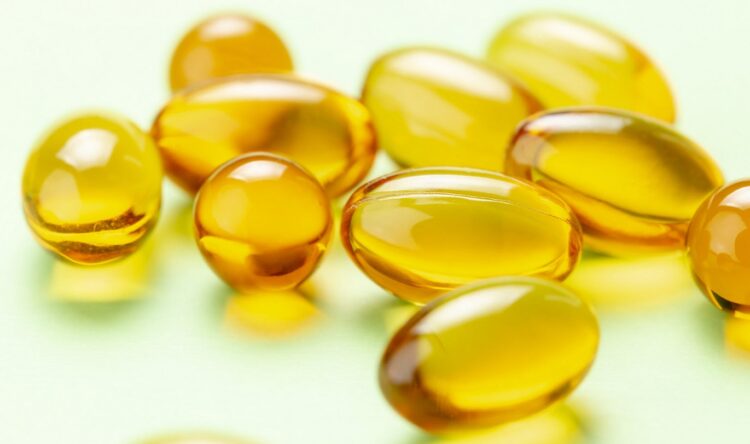
Omega 3 fatty acids are very important, especially DHA and EPA. It is important to note that our bodies cannot produce them on their own, so they need to be ingested. When it comes to diet, fish is the number one food rich in omega 3 fatty acids.
Regular intake of omega 3 fatty acids has a positive effect on the heart and blood vessels, joint health, brain development, as well as mood, and a sense of vitality.
6. Iodine
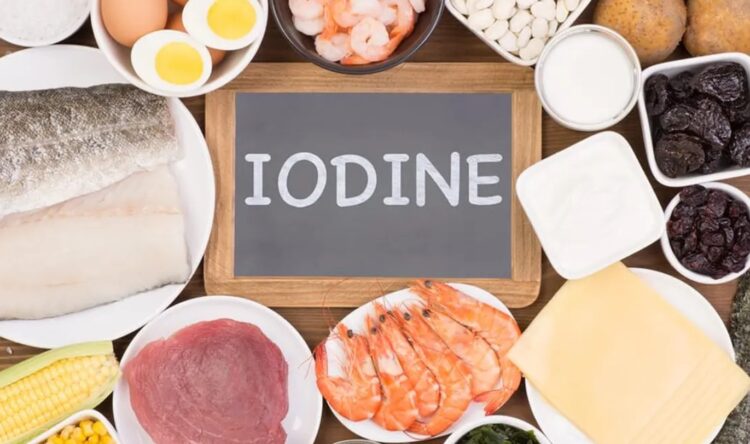
Iodine is an integral element of the thyroid gland, and we know that it is responsible for regulating the speed and level of traffic and metabolism and energy in the body. However, the most important role of the thyroid gland is in influencing the proper development of the brain and nerve structures.
Since a baby’s brain begins to develop earlier than the thyroid gland, we conclude that the baby is initially completely dependent on the hormones it receives through the placenta.








